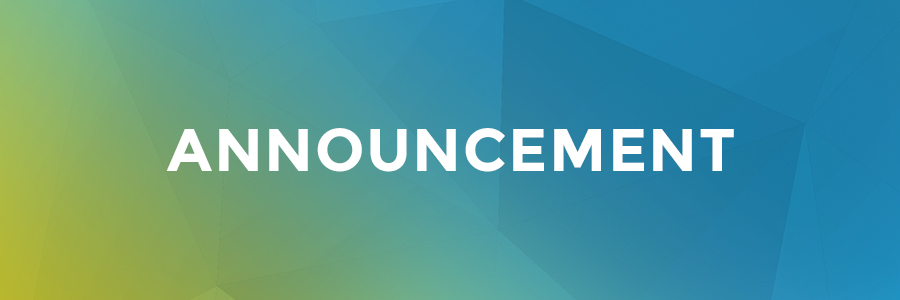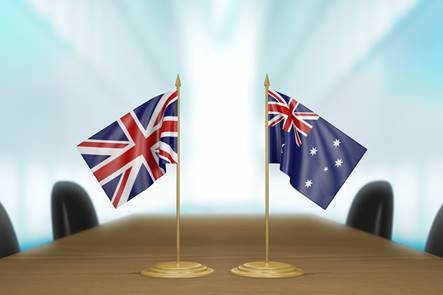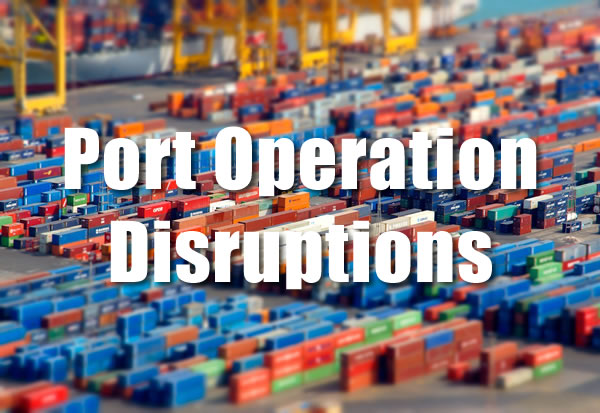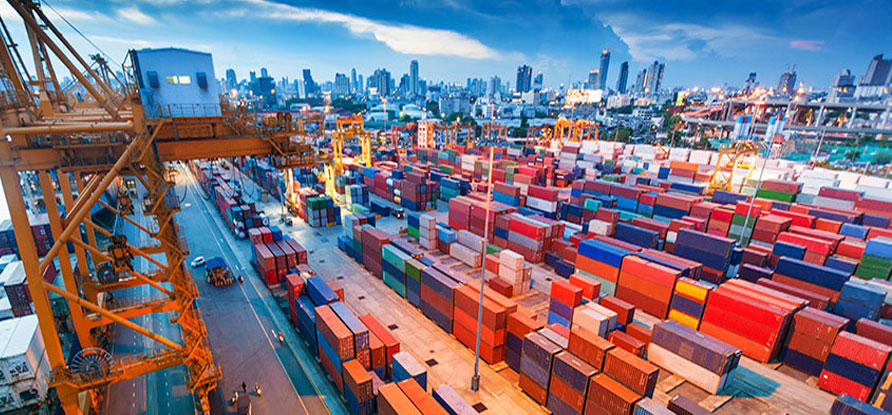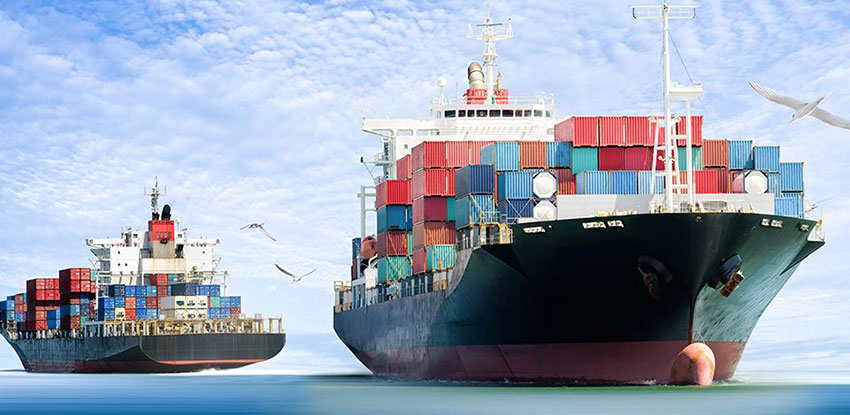BMSB Season in NZ:
The Ministry for Primary Industries (MPI) has finalized the seasonal measures for the 2023-24 high risk season that commences on 1st September 2023 and runs until 30th April, 2024.
Effective sailing on or after the 1st September 2023, all target high risk cargo shipped from or via target risk countries must be treated by an approved treatment provider.
Full listing of countries and commodities are listed below. The measures remain consistent with the 2022-23 BMSB risk season.
For the 2023-24 BMSB risk season, measures will apply to:
Targeted goods shipped from target risk countries, and/or Vessels that berth at, load, or transship from target risk countries
- The BMSB risk season is for goods that have been shipped between 1 September 2023 and arrive into NZ before 30 April 2024 (inclusive), and vessels that berth, load or transship from target risk countries within the same period. High Risk Goods (Vehicles, Machinery, and Parts Thereof / VMP) must be treated for BMSB if moving within these dates.
New/Unused goods that have been stored exclusively indoors prior to export can be exempt from treatment requirements where a valid Manufacturer’s Declaration is provided. The template for this declaration is available on request from our team.
- Italy: All cargo shipping from or via Italy must be treated; this is not limited to VMP only.
There is a list of sensitive risk goods that an MPI CTO considers to be sensitive to treatment included below, these are the only commodities that may be imported from Italy without treatment.
The following countries have been categorised as target risk and VMP cargo will require mandatory treatment for BMSB:
| ALBANIA | GERMANY | POLAND |
| ANDORRA | GREECE | PORTUGAL |
| ARMENIA | HUNGARY | ROMANIA |
| AZERBAIJAN | JAPAN | SERBIA |
| BELGIUM | KAZAKHSTAN | SLOVAKIA |
| BOSINA AND HERZEGOVINA | SLOVENIA | |
| BULGARIA | KOSOVO | SPAIN |
| CANADA | LIECHTENSTEIN | SWITZERLAND |
| CROATIA | LUXEMBURG | TURKEY |
| CZECHIA | MOLDOVA | UKRAINE |
| FRANCE | MONTENEGRO | USA (excludes Alaska and Hawaii) |
| GEORGIA | NETHERLANDS | REPUBLIC OF NORTH MACEDONIA |

Import Health Standard for Sea Containers from All Countries
Section 3.1.1 (3) Inspection
Under Section 2.3, Option B: a) an MPI Inspector may inspect sea containers and cargo instead of (fumigation or heat) treatment where:
- The importer has notified MPI that the sea container contains cargo that the importer considers is sensitive and would be damaged by the treatments for Brown Marmorated Stink Bug (BMSB) specified in the MPI Approved Biosecurity Treatments; and
- An MPI Chief Technical Officer has determined that treatment may damage the cargo.
Sensitive risk goods
The list of sensitive risk goods that an MPI CTO considers to be sensitive to treatment are as follows:
- Agricultural compounds and veterinary medicines;
- Food for human consumption (including beverages);
- Food-grade packaging materials (such as thermal plastic film);
- Fresh produce;
- Frozen food products;
- Live animals;
- Leather goods (apparel and furniture)
- Pet food;
- Pharmaceutical products;
- Polyurethane bales and foam products;
- Refrigerated goods;
- Seed for sowing;
- Special Category Risk Goods (Chemical, Explosive, Mineral, Radioactive or Volatile);
- Tank-tainers and
- Textiles (including yarn).
Guidance: The intended coverage for Italian–origin “sensitive textiles” is intended to include clothing, fabric, other natural products such as finished furs, finished hides, processed leather, rayon, silk, and yarn/wool; and other textiles for making furniture that are sensitive to treatment required for the BMSB. This sensitive consideration can also cover raw unfinished products and unfinished furniture. This coverage excludes other industrial application products that do not meet the description of “sensitive textiles” as above. Note 1: In an importer’s MPI application for biosecurity clearance, importers must notify MPI in writing that the cargo is considered to be sensitive to treatment so that appropriate MPI intervention can be arranged. Failure of an importer to notify MPI of the sensitive nature of the sea container and cargo is likely to result in delays to biosecurity clearance being provided, or re-shipment or destruction of the sea container and cargo. Note 2: A sea container or risk goods that do not meet the requirements of an Import Health Standard will not be given biosecurity clearance under the Act. Such non-compliant risk goods will be directed by an MPI Inspector as per Section 122 of the Act for further action as considered appropriate to manage the biosecurity risks.

